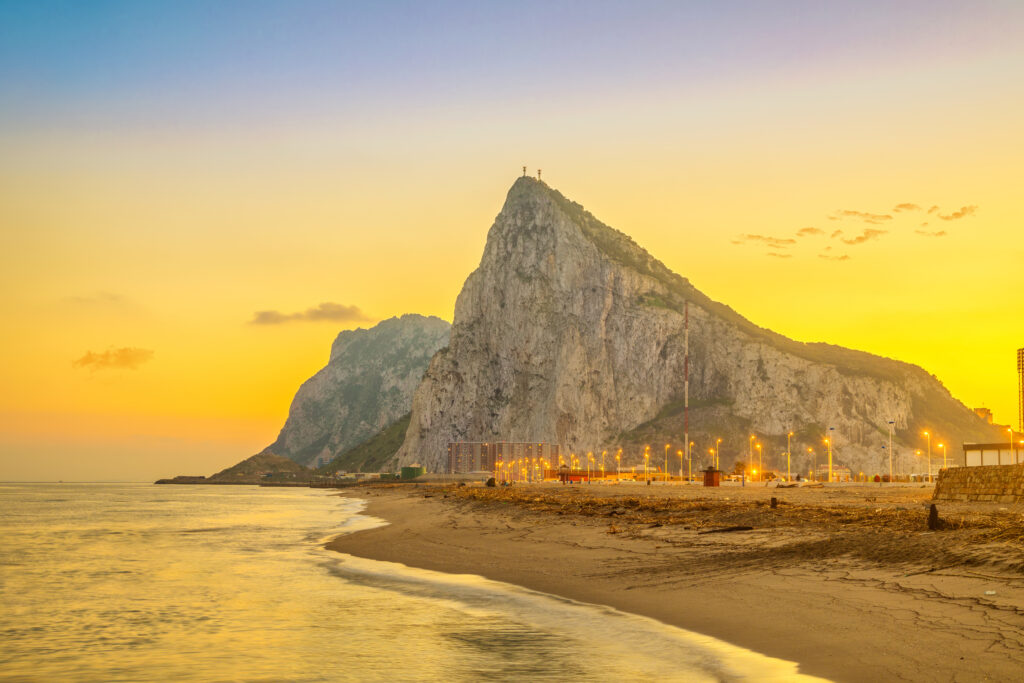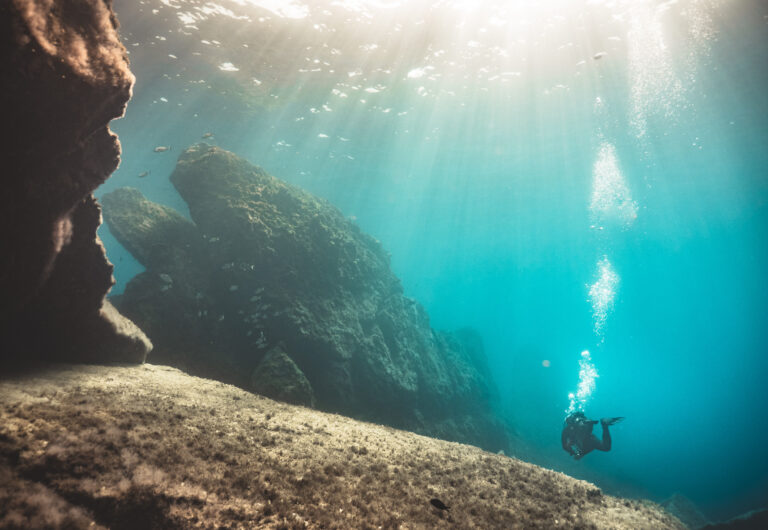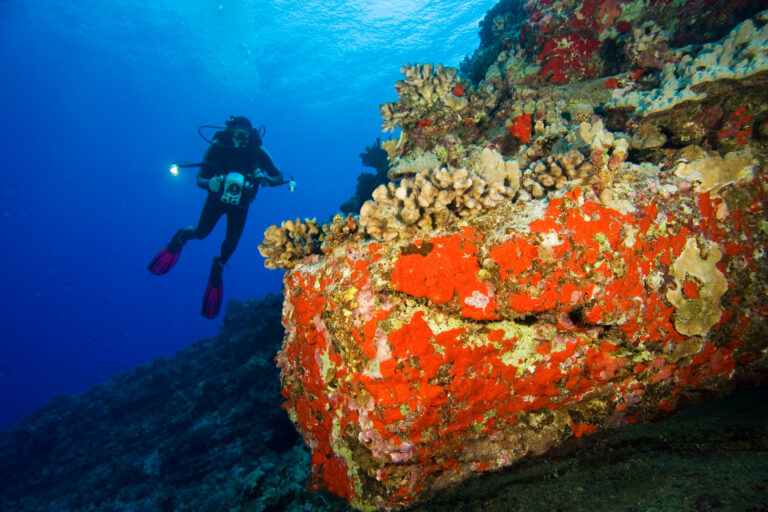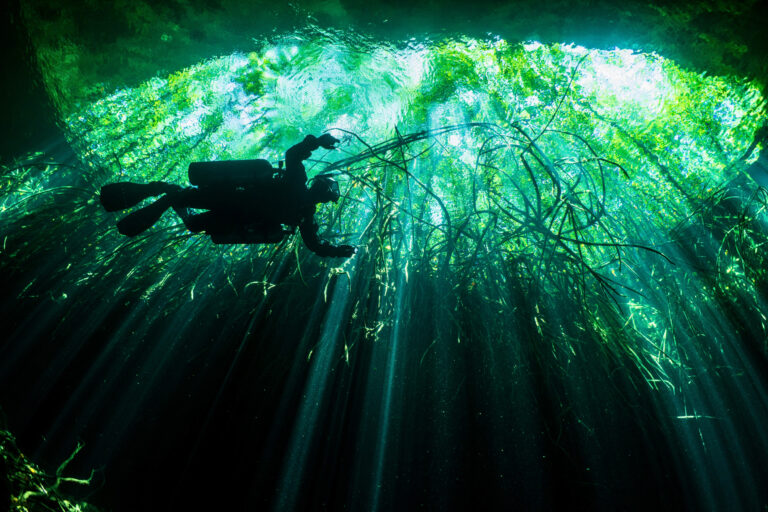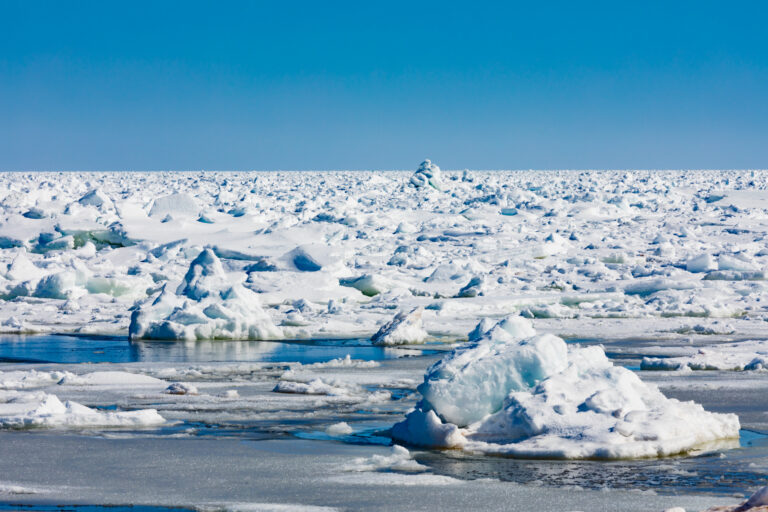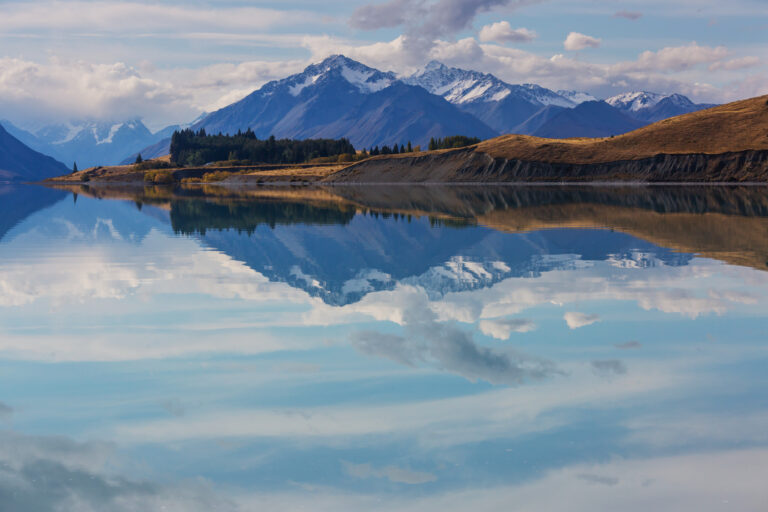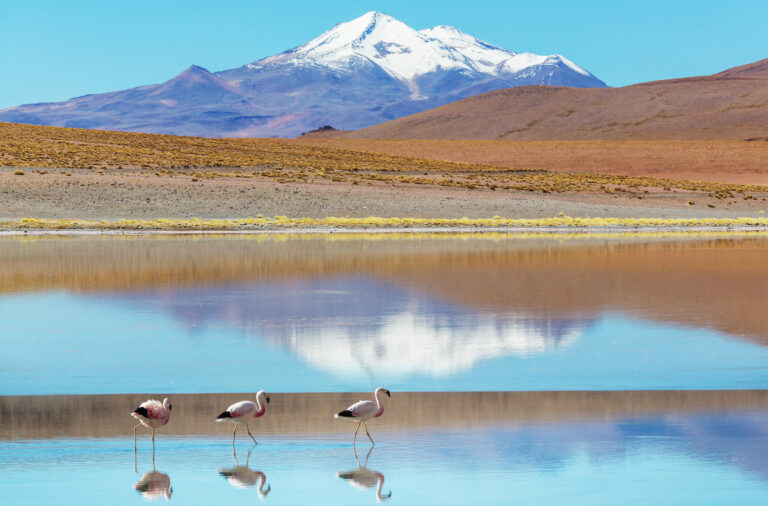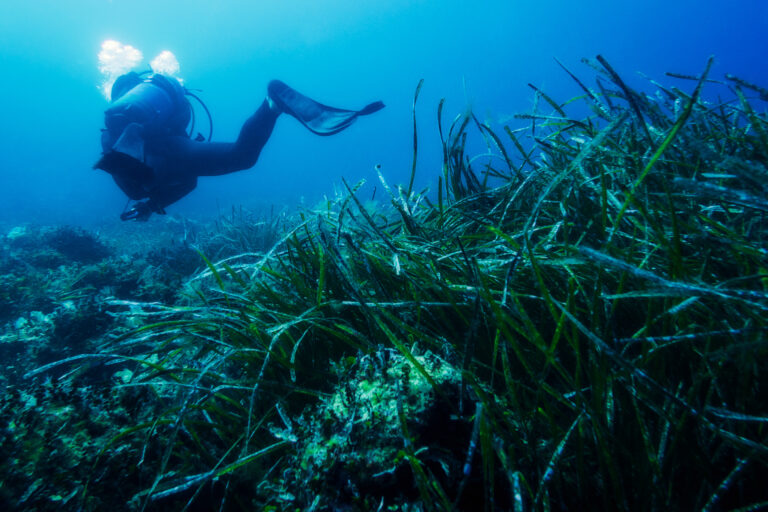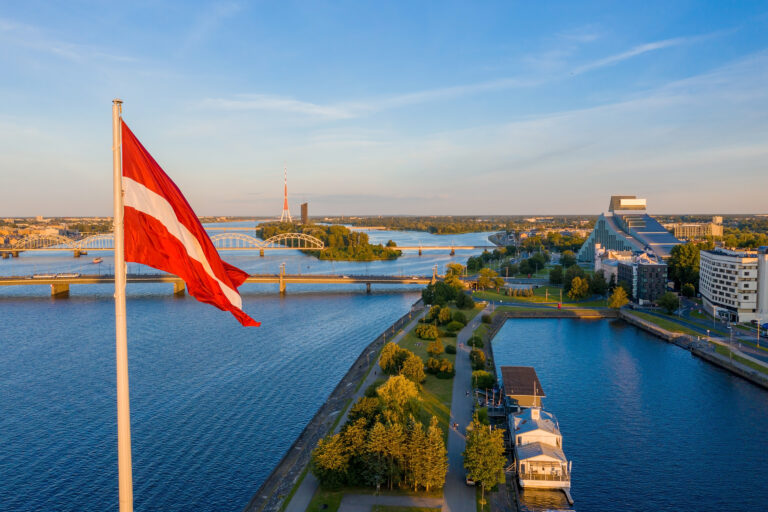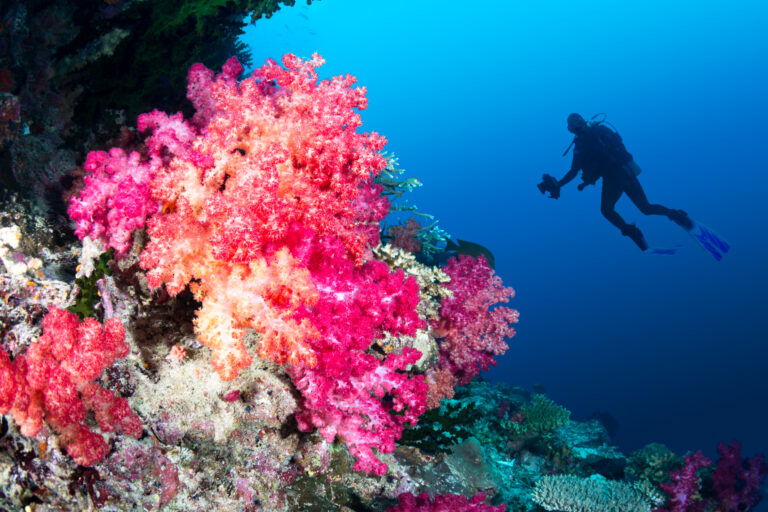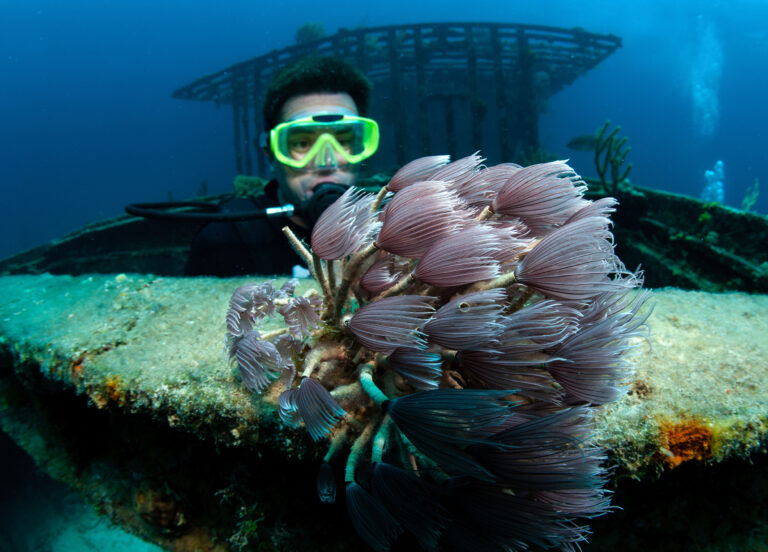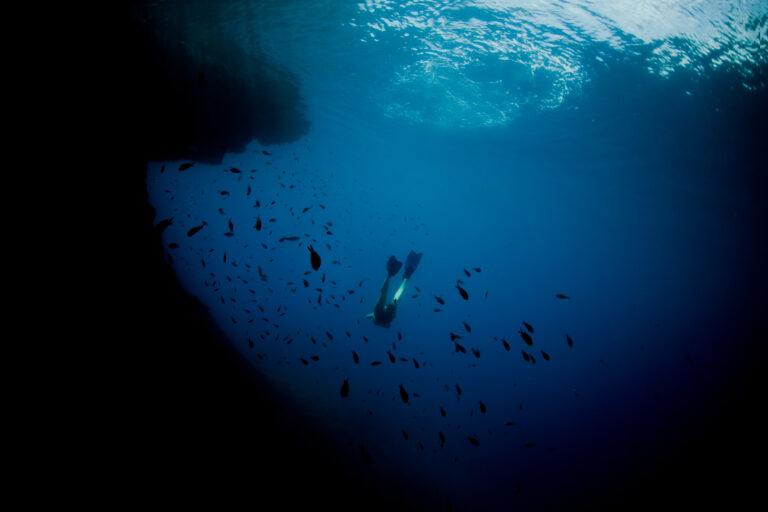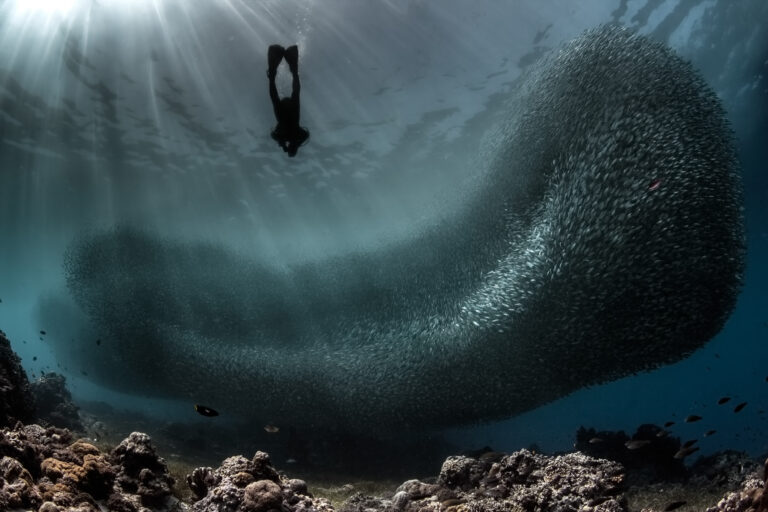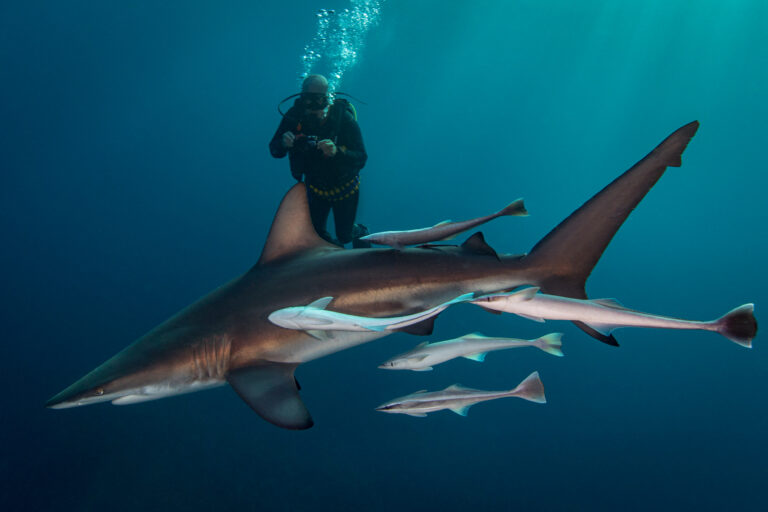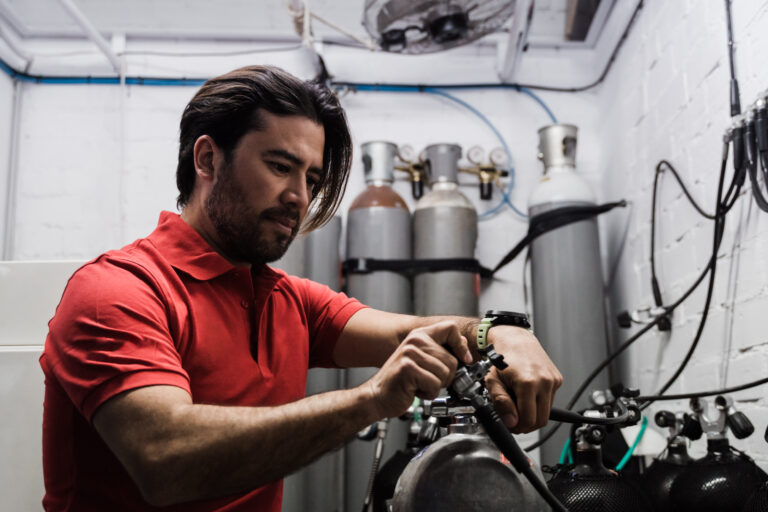SCUBA DIVERS’ TRAVEL GUIDE TO Gibraltar
Gibraltar is a small but fascinating destination for scuba divers who want to explore the rich history and culture of this British overseas territory. Located at the southern tip of the Iberian Peninsula, Gibraltar offers a unique mix of Mediterranean and Atlantic marine life, as well as stunning underwater scenery. From wrecks and caves to reefs and pinnacles, Gibraltar has something for every level of diver. You can also enjoy the warm and sunny climate, the friendly and welcoming locals, and the diverse cuisine and attractions of this cosmopolitan enclave. Whether you want to dive with dolphins, sharks, octopuses, or marvel at the ancient fortifications and monuments that dot the landscape, Gibraltar will surprise and delight you with its charm and beauty.
LOCATION AND GEOGRAPHY
Nestled at the southern tip of the Iberian Peninsula, where the Mediterranean Sea meets the Atlantic Ocean, Gibraltar presents a unique scuba diving destination steeped in geographical splendor. This British Overseas Territory is famed for its iconic Rock of Gibraltar, a towering limestone promontory that dominates the landscape and offers a dramatic backdrop for underwater explorers. The strait that bears its name is a narrow channel that serves as a gateway for marine life migrating between the two bodies of water, creating a biodiverse marine environment. Divers in Gibraltar can explore a variety of sites, from shallow reefs teeming with colorful fish to deeper wrecks that have become artificial reefs over time. The confluence of different currents and the nutrient-rich waters attract an array of species, making Gibraltar a fascinating location for both novice and experienced divers seeking to discover the underwater marvels at the crossroads of two great seas.
VISA AND ENTRY REQUIREMENTS
Before embarking on your underwater adventure to Gibraltar, it is essential to understand the visa and entry requirements for this unique destination. Gibraltar is a British Overseas Territory located at the southern tip of the Iberian Peninsula, and while it is not part of the Schengen Area, it generally follows UK visa policies. Travelers from the EU, EEA, Switzerland, and the UK can enter Gibraltar with a valid passport or national identity card without a visa. Visitors from other countries may need a visa, which should be obtained prior to arrival. It’s important to note that even if you have a Schengen visa, you may still require a separate visa for Gibraltar. Ensure you check the latest requirements with the Gibraltar Borders and Coastguard Agency or the British Embassy in your country well in advance of your trip. Upon arrival, you’ll need to present your passport and any necessary visas, and you may be asked to show proof of return or onward travel, as well as sufficient funds for your stay. With the paperwork in order, you can look forward to exploring the rich marine life and fascinating shipwrecks that lie beneath the waters of Gibraltar.
GETTING TO Gibraltar
Getting to Gibraltar for an unforgettable scuba diving adventure is a straightforward journey for travelers. Located at the southern tip of the Iberian Peninsula, Gibraltar is accessible by land from Spain, with the nearest Spanish city being La Línea de la Concepción, just across the border. For those flying in, Gibraltar International Airport (GIB) welcomes direct flights from various UK cities, and the nearby Malaga Airport in Spain offers a wider range of international connections. Once you land, a short drive or bus ride will take you to the heart of Gibraltar. Alternatively, visitors can also sail into Gibraltar’s port, which is a popular stop for cruise ships and private yachts alike. Regardless of your mode of transport, upon arrival, you’ll find yourself at the gateway to some of the Mediterranean’s most unique underwater experiences, where the confluence of the Atlantic and the Mediterranean creates a rich marine biodiversity waiting to be explored.
BEST TIME TO DIVE
The best time to scuba dive in Gibraltar, where the Mediterranean Sea meets the Atlantic Ocean, is during the late spring to early autumn months, from May through October. During this period, divers can enjoy warmer waters, with temperatures ranging from 16°C to 24°C (61°F to 75°F), and better visibility, often exceeding 20 meters (65 feet). These conditions are ideal for exploring Gibraltar’s rich underwater landscapes, which include vibrant reefs, intriguing wrecks, and abundant marine life. While diving is possible year-round, the winter months can bring cooler water temperatures and reduced visibility, making the experience less comfortable for some. Additionally, the summer months of July and August are particularly popular among tourists, so divers seeking a more tranquil experience may prefer the shoulder months of May, June, September, or October when the sites are less crowded, and the conditions remain favorable.
ACCOMMODATION OPTIONS
In the shadow of the iconic Rock of Gibraltar, scuba divers will find a range of accommodation options to suit their preferences and budgets. From the convenience of centrally located hotels that cater to the needs of divers with gear storage and rinse areas, to charming guesthouses and self-catering apartments that offer a more personal touch, there is something for everyone. Many accommodations are within easy reach of dive shops and the marina, ensuring that early morning dives are a breeze. For those seeking a touch of luxury, upscale resorts with stunning views of the Mediterranean Sea provide the perfect respite after a day underwater. Additionally, some dive operators in Gibraltar offer package deals that include both diving excursions and lodging, simplifying the planning process for an unforgettable underwater adventure. Whether you’re looking for a budget-friendly hostel or a five-star hotel, Gibraltar’s warm hospitality and convenient facilities will make your diving trip both comfortable and memorable.
DIVE OPERATORS AND DIVE SHOPS
In the shadow of the iconic Rock of Gibraltar, dive operators and shops offer a unique underwater experience in the confluence of the Mediterranean Sea and the Atlantic Ocean. Gibraltar’s dive shops are well-equipped and staffed by experienced professionals who are familiar with the local marine environment and its challenges. They provide a range of services from equipment rental and tank refills to guided dives and certification courses. Divers can explore a variety of sites, including wrecks, reefs, and caves, with the guidance of local experts who ensure safety and highlight the area’s rich biodiversity. The dive operators in Gibraltar are known for their commitment to environmental stewardship, often engaging in clean-up dives and conservation efforts. Whether you’re a novice diver looking to get your fins wet or an experienced underwater explorer seeking new adventures, Gibraltar’s dive shops are your gateway to an unforgettable subaquatic journey.
TRANSPORTATION WITHIN Gibraltar
In Gibraltar, transportation options are relatively straightforward due to its compact size. The most convenient way to reach various scuba diving sites is by car or scooter, which can be rented from several agencies within the territory. Given the limited land area, distances are short, and travel times are minimal. For those who prefer not to drive, Gibraltar offers a reliable bus service that covers the main areas, including popular dive spots along the coastline. Taxis are also readily available and can be a quick option for reaching dive shops or embarking points for boat dives. For a truly unique experience, some divers opt for boat charters that not only provide transportation but also allow for direct access to dive sites located around the Rock, including several wrecks and reefs that are not accessible from shore. Always remember to check with local dive operators for the best advice on reaching your desired underwater destination in Gibraltar.
CURRENCY AND PAYMENT METHODS
In Gibraltar, the official currency is the Gibraltar Pound (GIP), which is pegged at par value with the British Pound Sterling (GBP), meaning they can be used interchangeably in the territory. However, it’s important to note that while UK banknotes and coins are accepted in Gibraltar, Gibraltar pounds are not always accepted in the UK. For scuba divers visiting this unique destination, it’s advisable to carry some local currency for small purchases, as smaller businesses may not accept cards. Credit and debit cards, particularly Visa and MasterCard, are widely accepted at dive shops, restaurants, and larger retailers. ATMs are readily available for withdrawing cash. It’s also worth mentioning that while some businesses may accept Euros due to the proximity to Spain, the exchange rate may not be favorable, so it’s best to use pounds or cards. Always check with your bank about foreign transaction fees to avoid unexpected charges, and inform them of your travel plans to ensure seamless card usage while exploring the underwater wonders of Gibraltar.
LANGUAGE AND COMMUNICATION
When diving in Gibraltar, communication underwater follows the universal hand signals used by divers around the world, ensuring that regardless of linguistic background, divers can share important information such as air supply, direction, and potential hazards. Above water, English is the primary language spoken in Gibraltar due to its status as a British Overseas Territory, which facilitates easy conversation and instruction for the majority of international divers. However, given its proximity to Spain, Spanish is also widely understood and spoken by locals, offering a comfortable experience for Spanish-speaking visitors. Dive operators in the region often boast multilingual staff to cater to a diverse clientele, with common European languages like French, Italian, and German frequently accommodated. It’s always appreciated when divers learn a few basic phrases in the local languages, but rest assured, the lingua franca of diving—coupled with the region’s linguistic versatility—ensures a seamless and enjoyable underwater adventure in the waters off Gibraltar.
LOCAL CULTURE AND ATTRACTIONS
Gibraltar, a British Overseas Territory perched at the southern tip of the Iberian Peninsula, offers a unique blend of cultural influences, with a rich history that spans several millennia. After emerging from the azure waters of the Strait of Gibraltar, where the Atlantic meets the Mediterranean, divers can immerse themselves in the local culture by strolling along Main Street, where British colonial architecture stands alongside a variety of shops, pubs, and traditional English tearooms. The Rock of Gibraltar itself is a towering limestone ridge that not only provides a stunning backdrop for the city but also houses the famous Upper Rock Nature Reserve, where the mischievous Barbary macaques—the only wild monkeys in Europe—roam freely. Visitors can explore the Great Siege Tunnels, a testament to Gibraltar’s military heritage, or delve into the mysteries of the ancient St. Michael’s Cave. The fusion of British, Spanish, Genoese, Portuguese, and Moroccan influences is palpable in the local cuisine, with dishes like calentita and pinchitos offering a taste of Gibraltar’s diverse heritage. With its compact size, friendly locals, and the annual Gibraltar International Dive Festival, this destination is a cultural treasure trove for divers and non-divers alike.
CULTURAL ETIQUETTE AND TIPS
When planning a scuba diving trip to Gibraltar, it’s important to be mindful of the unique blend of British and Spanish cultural influences that shape local customs. As a British Overseas Territory located at the southern tip of the Iberian Peninsula, English is the official language, but many locals are bilingual, and appreciating both cultures will enrich your experience. Always greet dive operators and locals with politeness; a simple “hello” or “hola” can go a long way. Punctuality is valued, so be sure to arrive on time for your dives and respect the schedule set by your dive operator. Gibraltar is known for its environmental consciousness, so divers should take care not to disturb the marine life or remove anything from dive sites. Additionally, tipping is customary and appreciated, with 10% being standard for good service. Lastly, be aware that Gibraltar is a place with a strong sense of identity and history; engaging with locals about their heritage and respecting their traditions will make for a more immersive and respectful diving adventure.
LOCAL LAWS AND REGULATIONS RELEVANT TO TOURISTS
When planning a scuba diving trip to Gibraltar, it is essential to be aware of the local laws and regulations to ensure a safe and lawful experience. Gibraltar’s waters are subject to marine conservation laws, and divers must respect no-take zones and adhere to restrictions on fishing and the collection of marine life. It is illegal to remove any artifacts from shipwrecks, which are protected under the Gibraltar Heritage Trust Act. Diving within the port area is prohibited without permission from the Port Authority, and all divers must use a recognized dive flag to signal their presence to boats. Additionally, divers should be aware that the use of spearfishing equipment is strictly regulated. It is advisable to dive with local, certified dive operators who are familiar with the regulations and can provide guidance on protected areas, such as the Gibraltar Marine Reserve. Always check for the latest information on protected species and habitats, as regulations can change, and ensure that you have the appropriate diving insurance as required by local laws.
SAFETY TIPS AND EMERGENCY CONTACTS
When planning a scuba diving trip to the unique waters of Gibraltar, safety should be your paramount concern. Always dive within your certification limits and be familiar with the use of your equipment in varying conditions, as the confluence of the Mediterranean Sea and Atlantic Ocean can create unpredictable currents. It is essential to dive with a buddy and maintain close communication throughout your underwater adventure. Before your dive, ensure you are well-informed about the local marine life, as some species may be hazardous. Keep the contact information for the Gibraltar Hyperbaric Chamber (+350 200 79700) readily available in case of decompression sickness, and familiarize yourself with the procedures for emergency evacuations. The Royal Gibraltar Police (+350 200 72500) should be contacted immediately in the event of any diving accident or emergency. Additionally, always inform your dive operator or local contact of your dive plan and expected return time. By adhering to these safety tips and having emergency contacts at hand, you can enjoy the spectacular underwater vistas that Gibraltar has to offer with peace of mind.
HEALTH AND TRAVEL INSURANCE
When planning your scuba diving adventure in Gibraltar, it’s crucial to consider health and travel insurance that specifically covers scuba diving activities. The unique underwater landscapes of Gibraltar, including its wrecks and marine life, make it an irresistible destination for divers, but it’s important to be prepared for any unforeseen circumstances. Ensure that your insurance policy includes coverage for diving-related incidents, hyperbaric treatment in case of decompression sickness, and medical evacuation if necessary. Gibraltar has excellent medical facilities, but specialized treatment may require transport to a nearby country, which can be costly without proper insurance. Additionally, verify that your policy covers the depth to which you plan to dive, as some insurances have depth limitations. Always carry proof of your insurance and emergency contact information with you, and be aware of the procedures to follow in case of an emergency. By securing the right insurance, you can dive into the waters of Gibraltar with peace of mind, knowing that you are well-protected.

